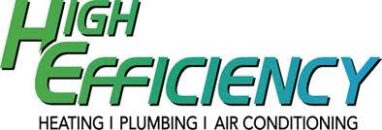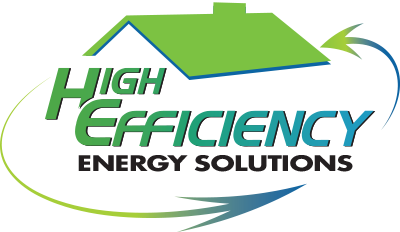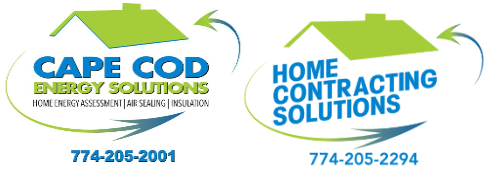Learn about our financing options
Find out how financing through AMS Financial and programs from Mass Save can help your afford your next project.
Protection Against COVID-19
During these unprecedented times we know that the health and safety of your family, business & customers is the most important part of your daily life. At High Efficiency we’ve developed COVID-129 Safety Systems to help keep your homes and businesses safe.
To Learn more about our COVID-19 please select an industry below:
Frequently Asked Questions
To switch modes on a ductless mini-split heat pump ALL the heads running off the same condenser need to be put in the same mode. So if you have a 3-port Mitsubishi ductless system, with heads in your office, living room, and kitchen, you cannot switch from one mode to another in just your office without putting the ones in the living room and kitchen in the same mode.
Another potential answer: you may not be able to switch over from cooling to heat is that the symbols on some models can be very similar. One brand, for example, has a sun to indicate heat and a snowflake for air conditioning. Without checking closely it is possible to put it in one of those modes when in fact you want the other so it is always recommended to double check!
The ductless mini-splits installed by High Efficiency do not allow the temperature to be set at lower than 55° when in air conditioning mode. You can, however, turn the unit to the dehumidifying mode and the temperate can drop below 55°, but you cannot control how low it will go.
Boilers heat water, and provide either hot water or steam for heating. Steam is distributed via pipes to steam radiators, and hot water can be distributed via baseboard radiators or radiant floor systems, or can heat air via a coil. Furnaces heat air and distribute the heated air through the house using ducts.
When it comes to making sure your home is efficiently heated and cooled, your HVAC system is only part of solution. If the envelope of your home is not well sealed you will experience energy loss through air leakage. It is recommended to get an evaluation of air leakage in your home. The Mass Save program offers no-cost home energy assessments and incentivized weatherization and air sealing. High Efficiency’s sister companies Cape Cod Energy Solutions and Home Contracting Solutions can provide these services.
To learn more visit – https://capecodenergy.solutions/
This is probably the most common (and most difficult) question for most homeowners to answer for themselves. The honest answer is every situation is different. But there are a few guidelines to go by. If your system was made and installed before 2006 – it’s probably time to replace. These systems most likely don’t meet the minimum energy efficiency standards so they’re not as energy efficient as current models. This means you could see your energy bill go down when you buy a new unit.
Where you live, the size of your home and your personal preferences all factor in choosing the best heating and cooling products for you. For example, if you live in the South, an energy efficient heat pump may be the right heating and cooling solution. But if you live up North with cold winters – a matched furnace and air conditioner system is probably best.
Your potential energy savings and home comfort performance can be wasted or ruined if your new HVAC system doesn’t fit your home. Too big, and you’re paying a premium for what you won’t use. Too small, and your new system won’t be able to keep up with demand and you’ll burn more energy to keep up. Follow this guide to see what size system is right for your home.
No matter which method you choose, the goal is to estimate the number of BTUs you need to comfortably cool or heat your entire home. Once you’ve got that, it’s time to shop around and make your HVAC pick.
Depending on where you are and what you buy, you may be eligible for local rebates, tax credits, special financing, and more special offers. Don’t miss out on your chance to save.
If you have pets or asthma sufferers in your home, controlling your indoor air quality is a must. From filters to whole-home air filtration systems, your contractor can recommend the right solution for you.
Keep the size of your space in mind and choose your new system accordingly. Unless you absolutely have to, you should avoid having to do major construction to make room for the new system.
Before settling on a system, find out what kind of warranty it has. The terms should last for more than a couple of years, cover crucial parts, and should clearly state the circumstances under which the warranty will be voided.
Reach out to your HVAC Company to find out what services they offer.
It is important to consider more than just the face-value price when weighing your options. Ask about and consider factors such as lifetime operating costs, SEER rating, filter types and more when choosing a new system.
Some systems offer disposable and washable varieties, and some, like HEPA filters, can improve indoor air quality and protect your family’s health.
Renewable energy, geothermal, and electric are more affordable than ever before. There are advancements in size, sound, efficiency, zoning, and more that should be considered when choosing the HVAC system that best fits your needs.






